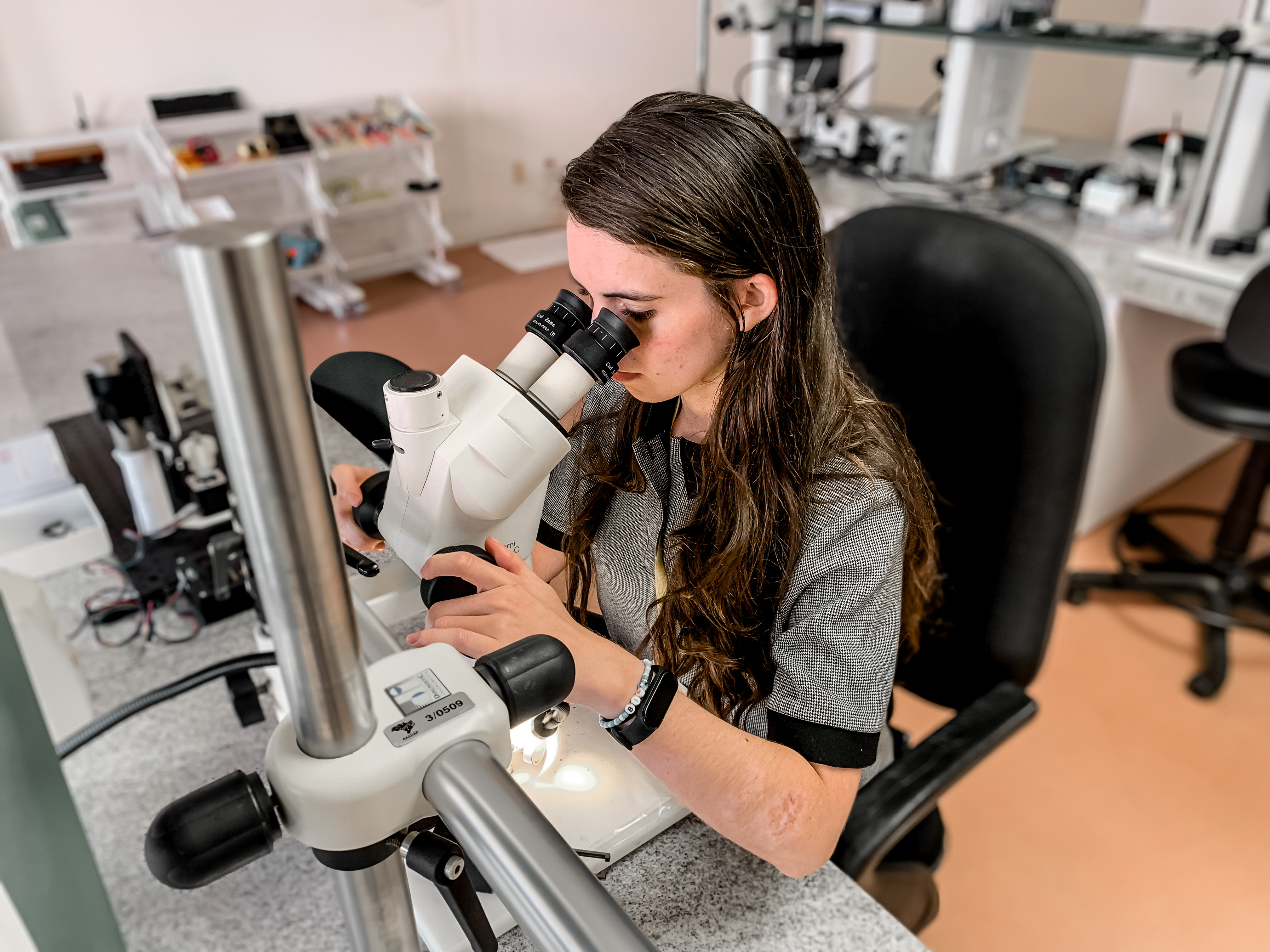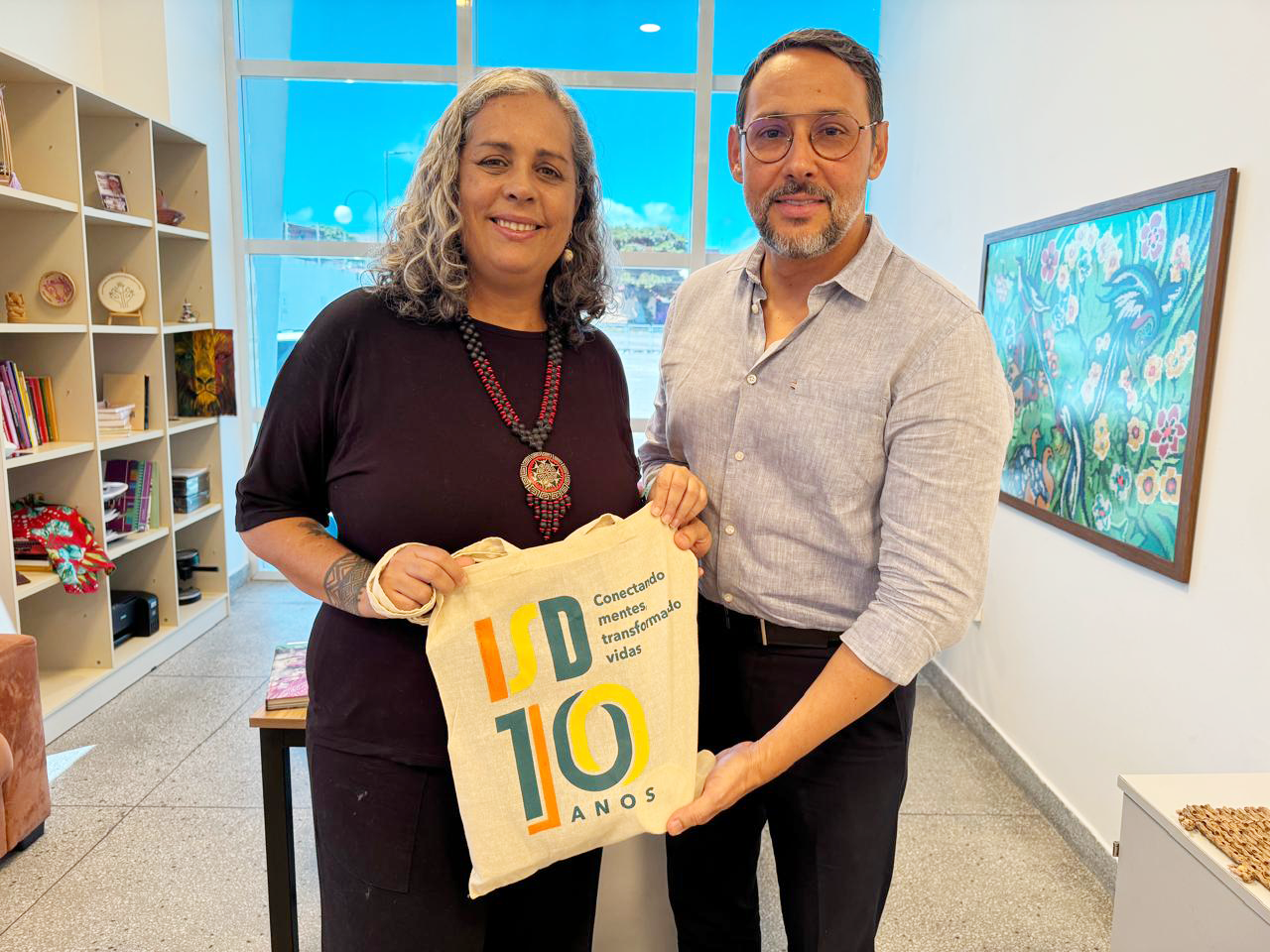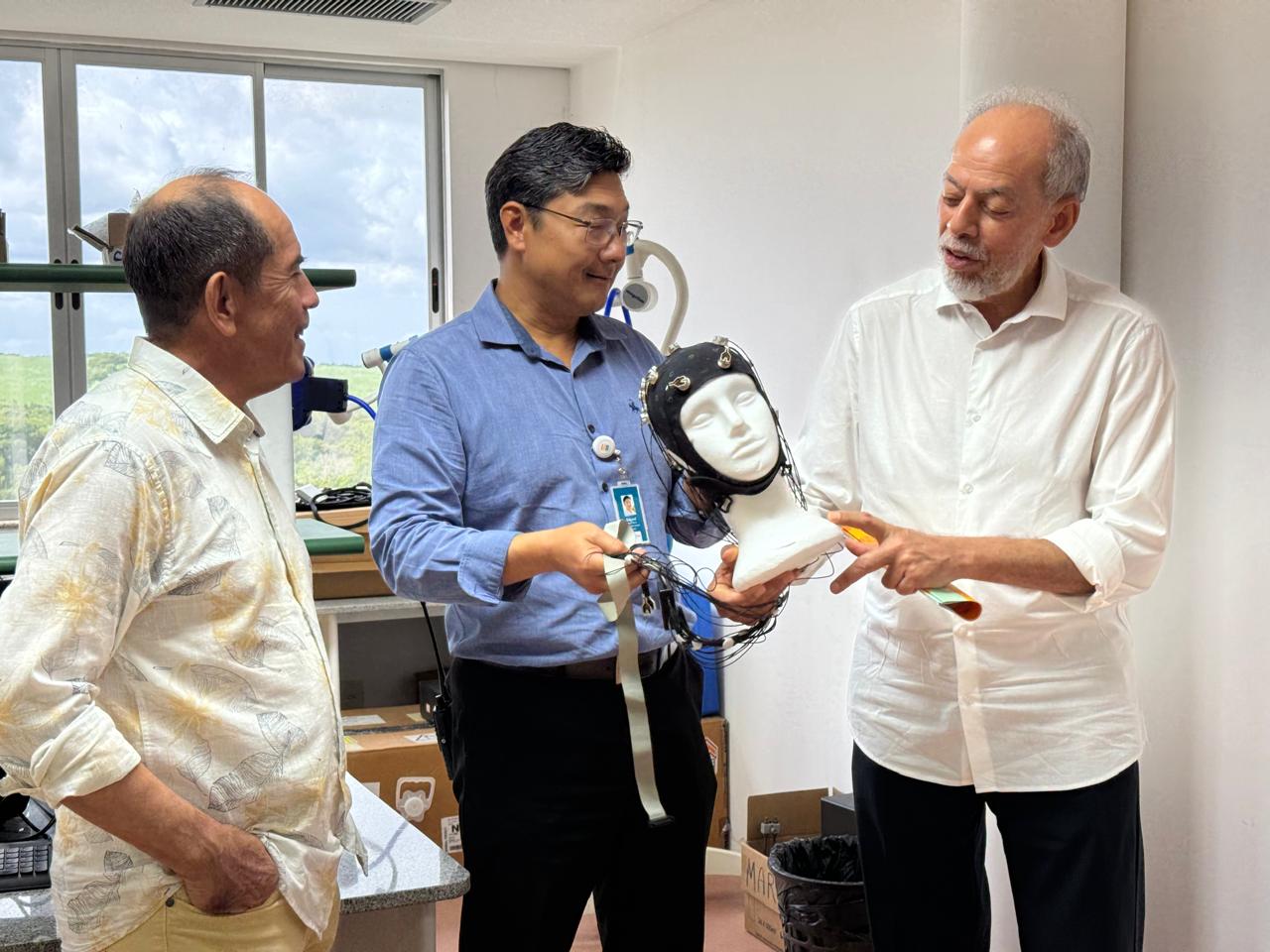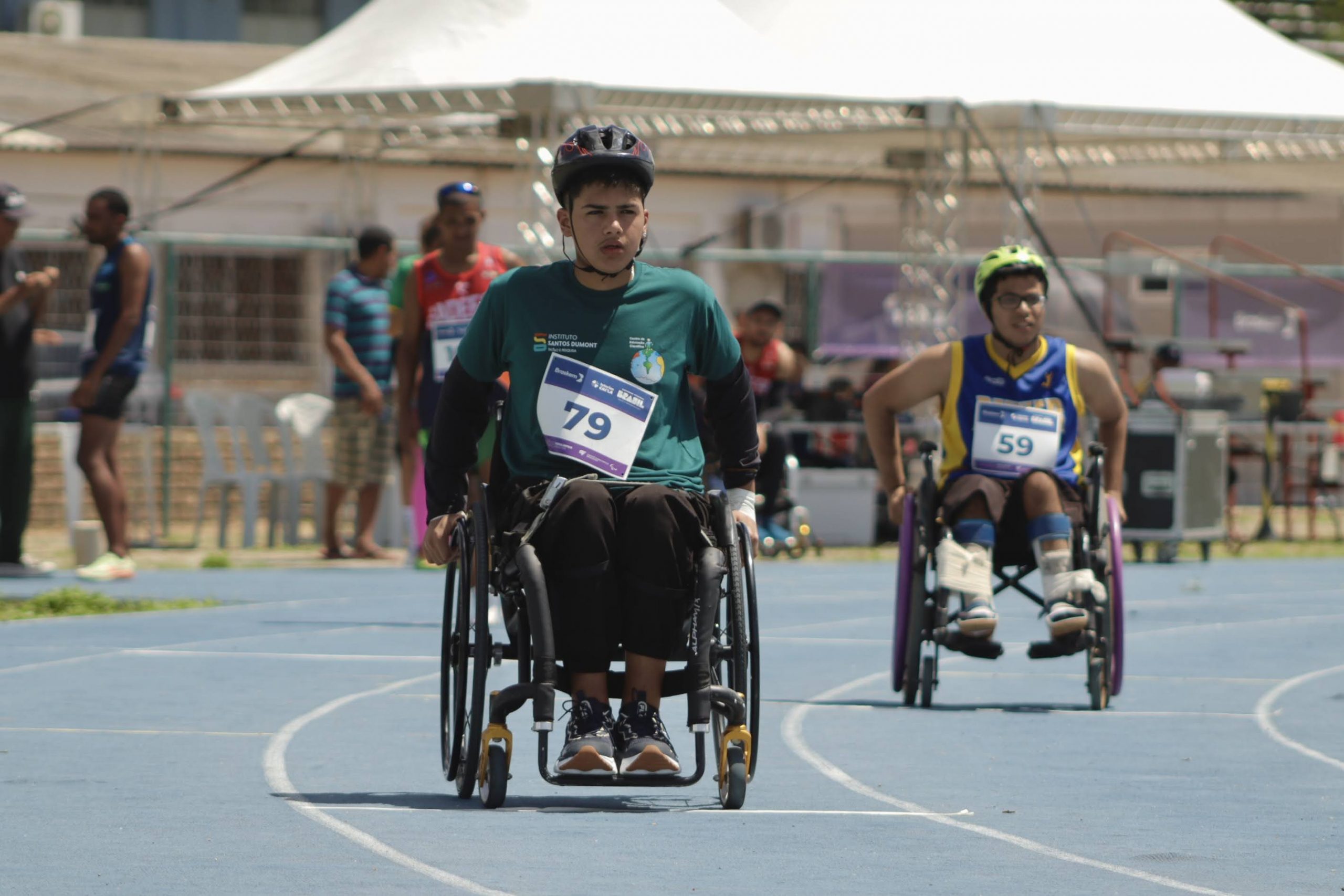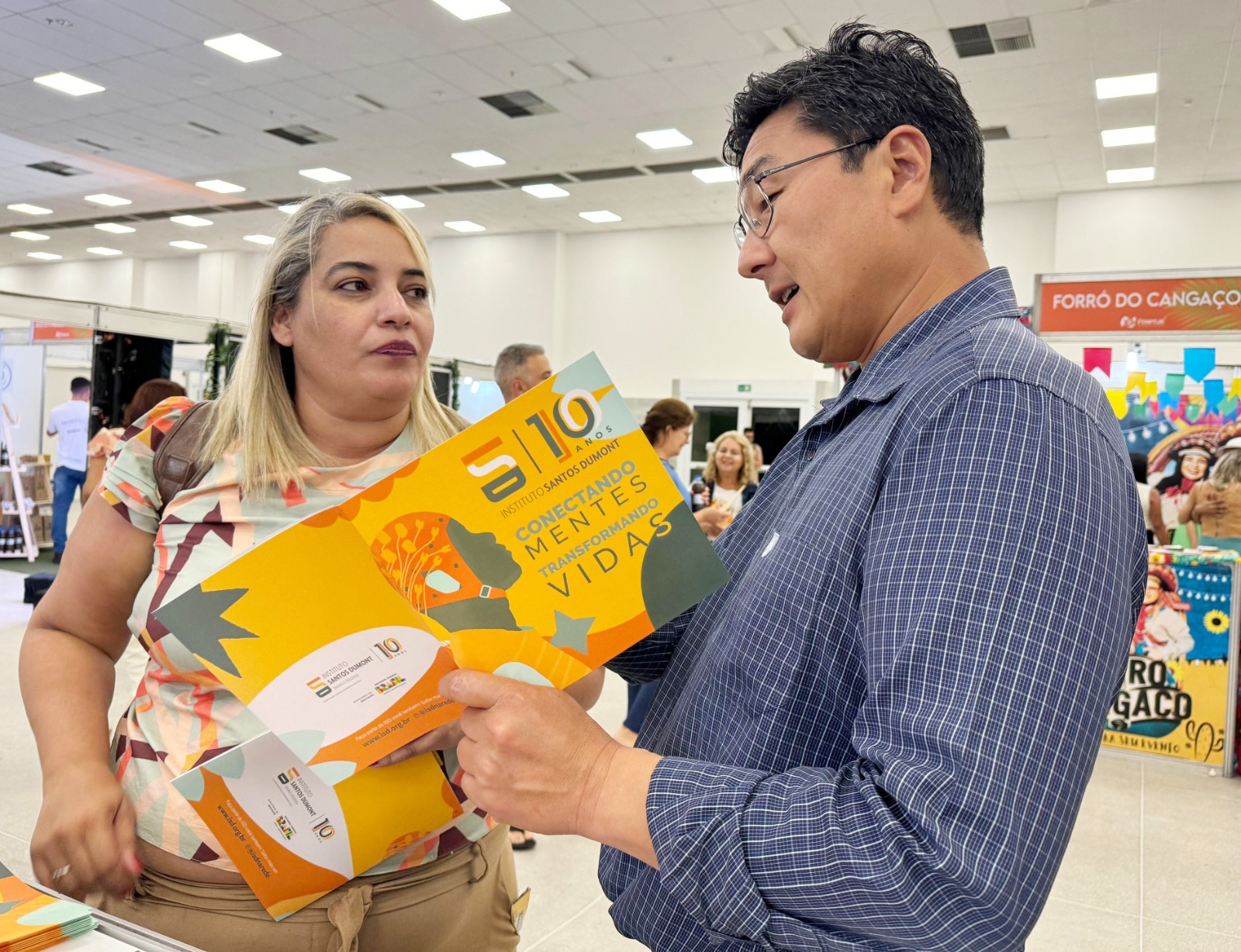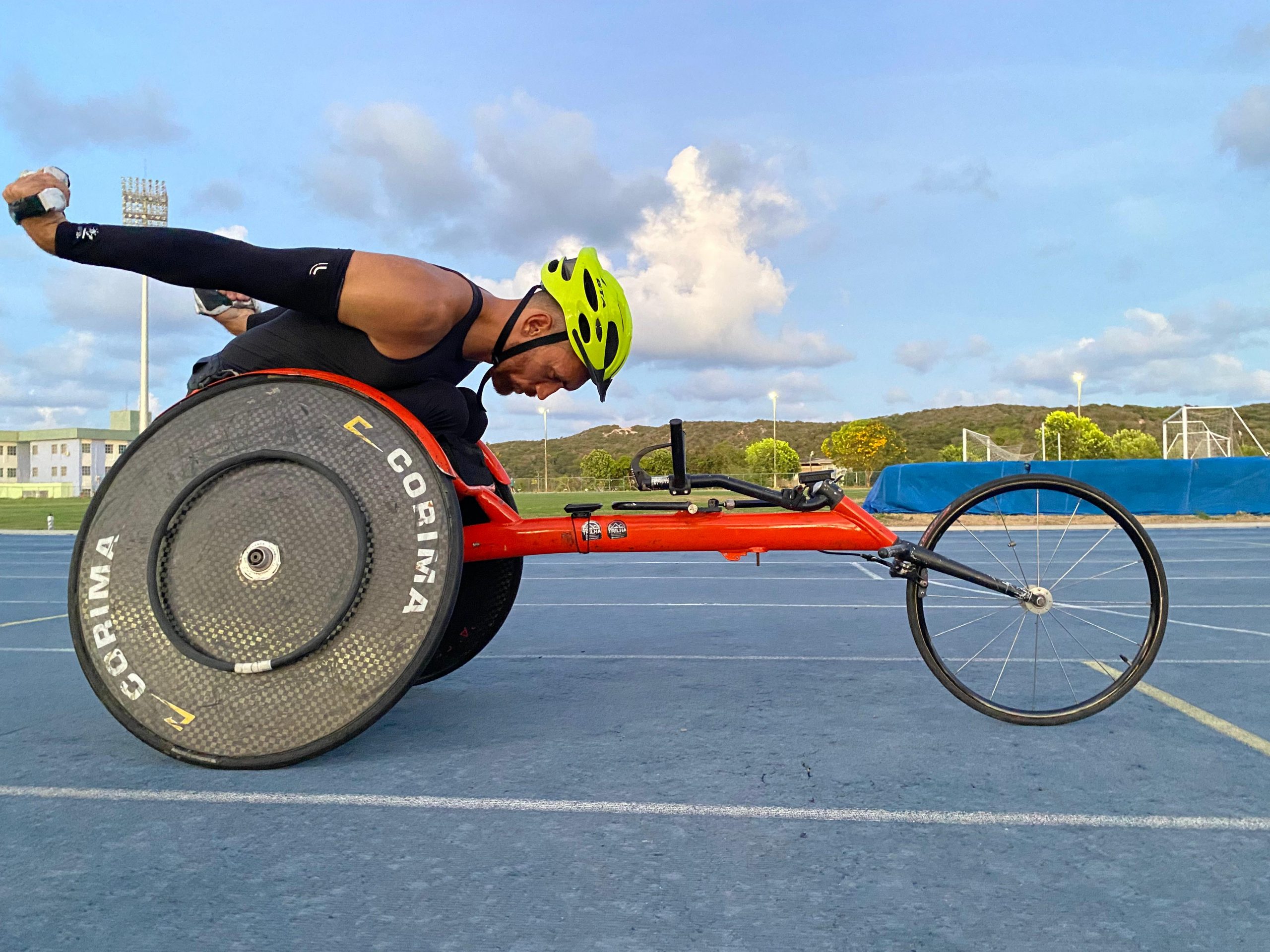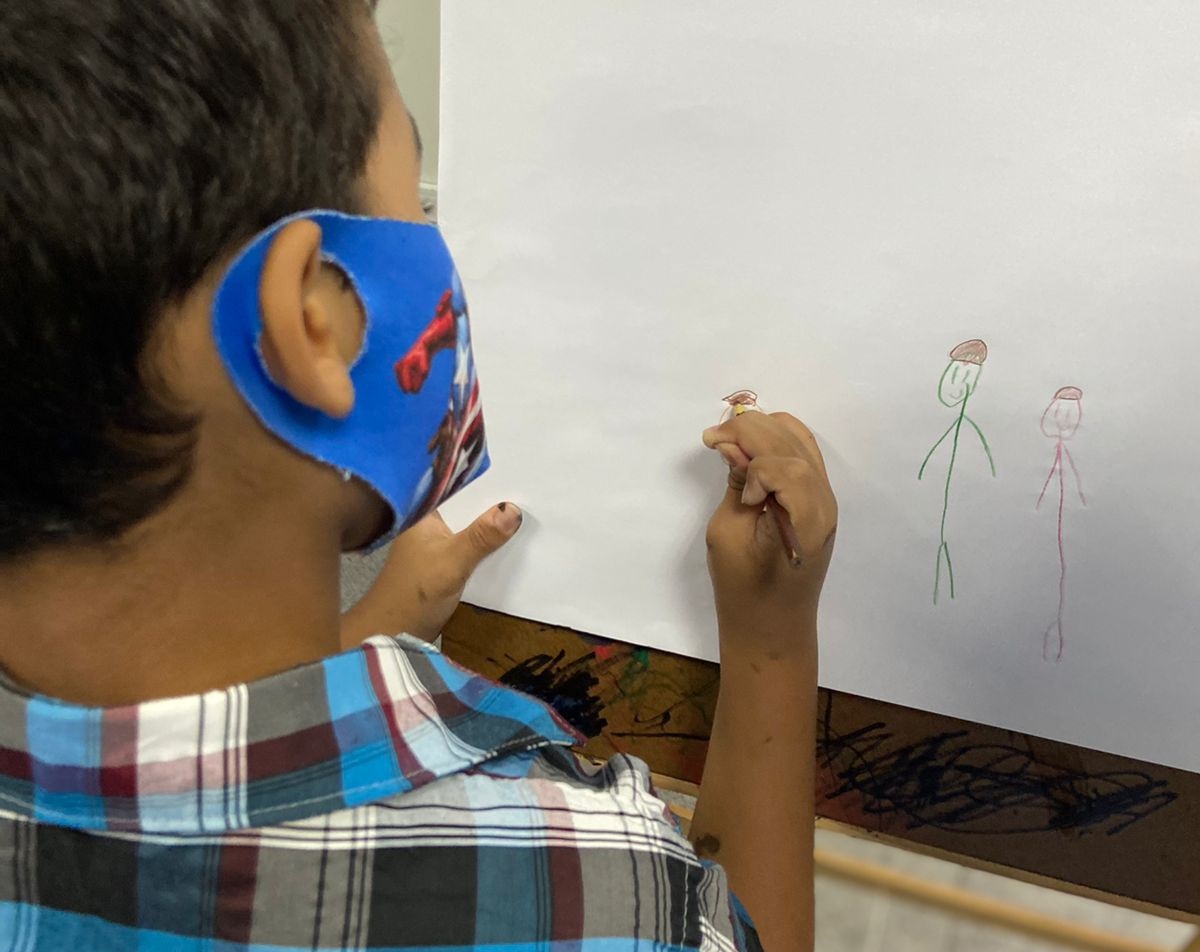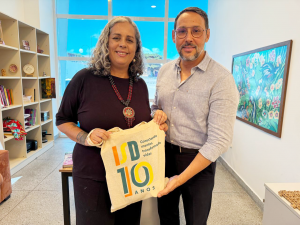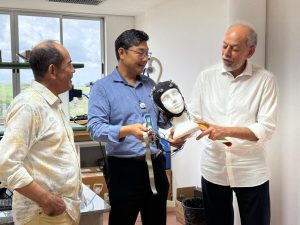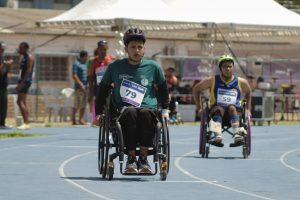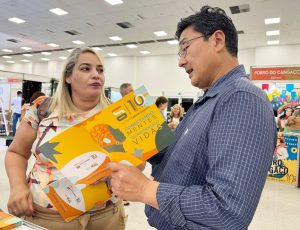Biomedical engineering and Master's student in Neuroengineering at the Santos Dumont Institute (ISD), Beatriz Moura, was selected by the International Brain Research Organization (IBRO), an international organization dedicated to promoting courses, research and activities related to neurosciences around the world, to an internship at the Universidad Andina del Cusco, in Peru. For a week, Beatriz will be able to work together with researchers from the institution on projects that relate computational modeling and neurosciences, in order to apply the contents in her research developed at ISD. In all, 30 people were selected for the program across Latin America.
Born in Limoeiro do Norte, Ceará, Beatriz moved to Rio Grande do Norte to attend a degree in Science and Technology at the Federal University of Rio Grande do Norte (UFRN). There, he had the opportunity to start working with computational modeling and biological systems. “In the second cycle, when I entered Biomedical Engineering, I paid for physiology and anatomy subjects, and this awakened my interest in the neuro area. That's when a friend told me about the master's degree in Neuroengineering at ISD and I entered this universe for good”, she says.
Beatriz is currently studying topics related to memory in animal models. For this, he had to develop new skills, such as surgery, making electrodes, cell analysis and others. “This is all very new and requires a lot of dedication. I'm doing electrodes, surgeries, things I've never seen at university. Here, the practice is 100%. I never imagined working with animal models, and I'm really enjoying it. From my professional perspective, this experience is fantastic, because I've always seen myself as a curious person, and the challenges, the things that I don't necessarily master right away, stimulate me”, he says.
Guided in her master's project by professor-researcher Maria Carolina Gonzalez, Beatriz says she hopes to be able to combine the computational modeling part, which she saw more deeply during her graduation, with the studies of memory and neurosciences. The student's expectation is to see how these models are being used within the neurosciences and, from there, to think about how it is possible to bring this knowledge to apply in the research she carries out in Brazil.
Computational modeling
Computational modeling is a multidisciplinary area, which combines computational techniques and mathematical models to allow the understanding and analysis of various phenomena in areas such as biological sciences, exact sciences, humanities, economics and engineering.
Text: Mariana Ceci / Ascom – ISD
Photograph: Mariana Ceci / Ascom – ISD
Communication Office
comunicacao@isd.org.br
(84) 99416-1880
Santos Dumont Institute (ISD)
It is a Social Organization linked to the Ministry of Education (MEC) and includes the Edmond and Lily Safra International Institute of Neurosciences and the Anita Garibaldi Health Education and Research Center, both in Macaíba. ISD's mission is to promote education for life, forming citizens through integrated teaching, research and extension actions, in addition to contributing to a fairer and more humane transformation of Brazilian social reality.

